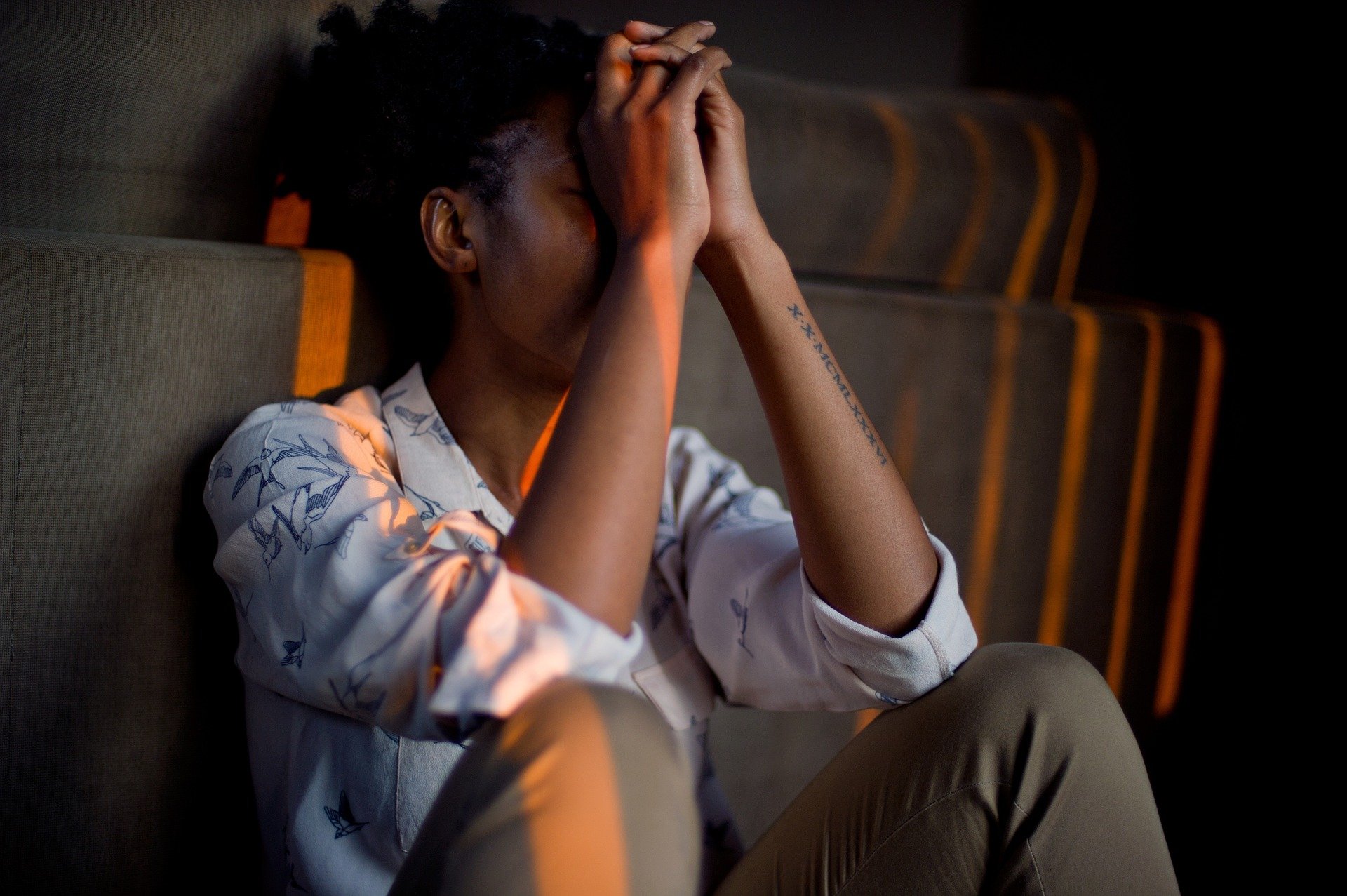Grieving during the holidays
Most holidays are regarded as a time to be around loved ones. But, for people who are grieving someone, these celebrations are painful reminders of who they’ve lost. Joyful memories and experiences can trigger grief or trauma because it reminds people of what they’re missing.
Jon Jon Rivero, an occupational therapist and certified trauma specialist at Qi Creative Inc., says triggers aren’t always something that people can consciously pinpoint because trauma and grief could be trapped within the body. Once the senses (such as taste, smell, touch) are activated, they can trigger a response.
Be patient and try to create a safe place to experience those emotions when triggers happen, Rivero advises.
“It could happen when you’re feeling really great,” Rivero says. “During the holiday season, you might not feel so great and not know why.”
Rivero explains grief is different for everyone and no one approaches loss or trauma in the same way. He suggests taking it slow and going at the pace you’re comfortable with during the holidays, and that sometimes you do need to put yourself first.
“One of the most important things to know is that you’re not alone,” Rivero says. “If you are grieving, it’s okay to grieve and those feelings are normal. If we don’t allow ourselves to feel those emotions, then it can cause more problems down the road.”
It’s also normal to not feel anything.
“Some people don’t grieve in the ways most people think [of grieving],” he says.
If you’re anticipating challenges, seek professional support if you’re able to do so. Reaching out to a friend, community leader, religious leader, or an Elder can also be helpful alternatives when grieving.
“I’m a big firm believer of pro-active mental health,” Rivero says, recommending trying to think of the positive memories of a loved one.
Practicing mindfulness is a great way to create a safe place. According to Rivero, one way of doing this is by activating different senses that make you feel good, such as aromatherapy, baking, or looking at old photos. Rivero notes that if you’re not able to take care of your needs prior to experiencing stress, it’s going to be a lot harder on your body, mind, and soul to deal with the loss.
“[Self care] is extremely important in the grieving process because it allows us to handle stress,” Rivero says. “Because when we’re grieving and we’re experiencing challenging emotions when we get triggered, we’re challenged physiologically, emotionally, physically, and spiritually.”
Speaking as someone who has experienced grief, Rivero understands the challenges people may go through during the holidays and urges others to be nurturing and kind.
“Grieving doesn’t necessarily get easier,” Rivero says. “However it does become more familiar and it increases my awareness in my ability to choose what to do.”
If you or a loved one is experiencing grief or trauma and need guidance, visit mynameistrauma.com or call The Support Network at 780.482.4357 (HELP). If you’re a youth, you can call the Kids Help Line at 1.800.668.6868.







